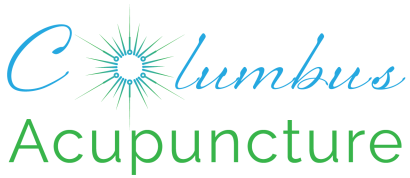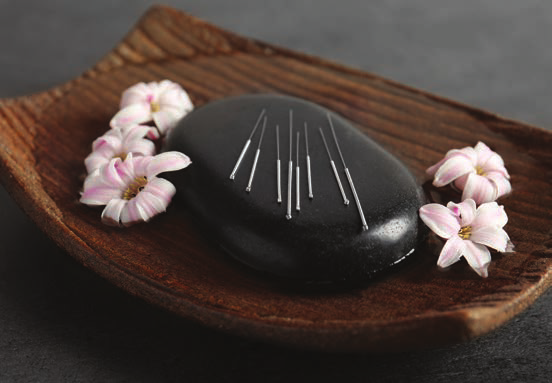
2520 California St, Ste G
Columbus, IN 47201(812) 374-4518
- Monday9am-4pmTuesday9am-5pmWednesdayclosedThursday9am-5pmFriday9am-5pmSatclosedSunclosed
-
Latest Articles:
- • Energy-Saving and Safety Tips for Winter Proofing Your Home •
- • Winter Wellness: Mental Health Tips for Beating the Winter Blues •
- • 10 Cozy Winter Activities to Enjoy Indoors •
- Sign up to receive news and updates and get my free report:“The Top 10 Reasons to Try Acupuncture”

Uncategorized
Healthy Foods for Fall

The season of fall brings cooler weather and shorter days. As with any season, the world adjusts accordingly. Plants begin to go dormant, animals begin scrounging for food to store to get them through the upcoming winter months and humans start winterizing everything.
As fall descends on the land, it reminds us we need to start cutting back on the numerous cooling foods that are consumed during the summer months. Things like raw foods, salads, juices and fruits should be decreased because they can create too much cold in the body, according to traditional Chinese medicine. continue reading
Five Reasons to Get Acupuncture for Low Back Pain

Statistics show eight out of 10 people will experience low back pain at some point during their life. Seeking medical treatment for back pain is very common. Typically back pain is fleeting and can be easily resolved with rest, heat and an occasional anti-inflammatory like ibuprofen. However, once the damage is done, the recurrence of back pain can be as high as 50 percent. Part of this is because as we age, things like muscles and tendons become less flexible and pliable. It is also very well known in the United States, people are too sedentary and this leads to excess weight gain that can create added pressure on the body, especially the low back. continue reading
Research Update – Acupuncture and the Heart
 A study published by the National Institutes of Health looked at the prevalence of acute myocardial infarction, or heart attacks, on participants that received acupuncture treatments compared with those who did not. The group of participants that were selected to receive acupuncture went through at least one acupuncture treatment course (six sessions). The results showed those receiving the acupuncture treatment series were less likely to experience a heart attack. And the more treatment sessions, the less likely a heart attack would occur. This study shows regular acupuncture treatments can indeed be helpful at preventing heart attacks.
A study published by the National Institutes of Health looked at the prevalence of acute myocardial infarction, or heart attacks, on participants that received acupuncture treatments compared with those who did not. The group of participants that were selected to receive acupuncture went through at least one acupuncture treatment course (six sessions). The results showed those receiving the acupuncture treatment series were less likely to experience a heart attack. And the more treatment sessions, the less likely a heart attack would occur. This study shows regular acupuncture treatments can indeed be helpful at preventing heart attacks.
Traditional Chinese Medicine (TCM), just like Western medicine, believes the heart is responsible for the circulation of blood. When the heart is strong, circulation will be sufficient, the body will be well nourished and the pulse will reflect that by being full and regular. Both medical systems agree a weak heart can manifest as palpitations, chest pain and even heart disease or a heart attack. Where the two medical systems diverge is this: Traditional Chinese Medicine also acknowledges that the heart “houses the mind.”
In TCM, the heart and the mind are virtually inseparable. The heart governs the ability to think clearly, sleep soundly and maintain a good memory. Our emotional state is strongly influenced by how healthy or unhealthy our heart may be. A weak and deficient heart may create feelings of anxiety and mania, while also contributing to insomnia, forgetfulness and lack of concentration. Conversely, a weak mind or uncontrolled emotions can lead to a sick heart.
Regular acupuncture treatments have been found to be very helpful in lowering blood pressure. The needles stimulate the release of opioids, which then decrease the heart’s activity and its need for oxygen. This in turn helps lower blood pressure. Acupuncture also decreases the resting heart rate and blood pressure by helping to decrease stress levels.
Unmanaged, chronic stress can lead to heart disease, high blood pressure, heart arrhythmias and even heart attacks. Numerous studies have shown that stress can be managed through the use of acupuncture. TCM offers more than just acupuncture to treat stress, though. Herbal formulas and exercises like tai chi and qi gong are all wonderful tools for managing stress and keeping the heart healthy.
Poor sleep and insomnia have been linked to heart failure, heart attacks, high blood pressure and strokes too. TCM can help treat a wide array of sleep problems without the harsh side effects of many pharmaceuticals. When a person is rested, their heart will generally be healthier.
Without a healthy heart, the body cannot function properly and the mind may be clouded and disconnected. Contact a licensed acupuncturist in your area to see how TCM can assist you with all of your heart health needs.
https://www.ncbi.nlm.nih.gov/pmc/articles/PMC5381414/
Add: https://www.healthcmi.com/Acupuncture–Continuing–Education–News/1886-acupuncture–prevents–heart–damage–confirmed?fbclid=IwAR2n8K4PA7pIQIM_eUPEwCYgxFEHb–HztbXIwcw6mzNYRnZGE7DCpJUzo20 ?
In Summer, Nourish Your Heart
 Summer is a time of abundant energy, long sunshine-filled days and warmth. In Traditional Chinese Medicine, TCM, summer has many different associations that help define it and therefore help us understand how to stay in balance with the season. The element of summer is fire, the color is red, the emotion is joy and the governing organs are the heart and the small intestine. One way to stay healthy this summer is to adjust your habits to support your heart.
Summer is a time of abundant energy, long sunshine-filled days and warmth. In Traditional Chinese Medicine, TCM, summer has many different associations that help define it and therefore help us understand how to stay in balance with the season. The element of summer is fire, the color is red, the emotion is joy and the governing organs are the heart and the small intestine. One way to stay healthy this summer is to adjust your habits to support your heart.
The heart is the main organ associated with the season of summer, and as such it should be paid close attention to and nourished to remain healthy. The heart’s main function is to circulate oxygen-rich blood throughout the body. In TCM, mental activity is also associated with the heart. This mental activity is known as Shen in Chinese medicine. Often compared to our mind, the Shen goes deeper to include our thought processes, memory, consciousness and emotional well-being.
Summer is the most appropriate time to calm the Shen and provide it with enrichment that will last throughout the whole year. When the fire element is balanced, the mind is calm, sleep is sound and the heart organ is strong and healthy. If the fire element is not balanced, there may be depression or an excess of joy which manifests as mania. Symptoms of an unbalanced fire element include heartburn, insomnia, agitation, nervousness, digestive upset, rashes, palpitations and excessive perspiration.
The small intestine, the second organ associated with summer in TCM, is responsible for separating the pure from the impure, allowing the body to use the pure and dispose of the impure. When the heart is not balanced, the small intestine, the brother to the heart, will not function properly either. For many people, this manifests as digestive upset of some sort: vomiting, nausea, diarrhea, etc.
Going outside and engaging all of your senses is an easy way to nourish the heart. A technique known as “grounding” has been gaining popularity over the past decade, and science is showing that it can be very beneficial. All one has to do is walk or stand in the grass while barefoot. The energy from the earth is incredible, and it can be very healing. While you’re there, take time to listen to the sounds of nature that surround you and enjoy the fragrances of the flowers. Taking in the experience with all your senses can be very grounding and have a calming effect on the mind and body.
Probably the two most important things you can do for heart health during the summer months is drink plenty of fresh water and eat cooling foods. No matter what season of the year, water is vital. It is recommended we drink at least 64 ounces per day. Cooling foods like fruits are good at keeping fire under control, which is healthy for the whole body. Other foods that are beneficial for the summer months include peppers, eggplant, cabbage, kale, broccoli, spinach, melons of all kinds, beets, radishes, jicama, carrots, berries, pineapple, cucumbers, peaches, peppermint, grapefruit and mushrooms.
If you notice yourself experiencing a heart or fire imbalance, consider adding acupuncture to your routine. Acupuncture is very good at reducing or increasing the body’s yang or fire energy, depending upon your individual needs. Ask me if you have any questions about using your acupuncture treatments to support your health this summer.
Research Update: New research might help explain how acupuncture works
 One of the theories scientists have held for many years as to why acupuncture works to alleviate chronic pain and other ailments is called the Vascular-Interstitial Theory. This theory describes the idea that acupuncture works by affecting the electrical system of the body, the network of currents conducted by our cells. Electricity is vital for sending information through the body to the brain and vice versa, as well as in order to conduct currents to the heart, which allows it to pump at the right times.
One of the theories scientists have held for many years as to why acupuncture works to alleviate chronic pain and other ailments is called the Vascular-Interstitial Theory. This theory describes the idea that acupuncture works by affecting the electrical system of the body, the network of currents conducted by our cells. Electricity is vital for sending information through the body to the brain and vice versa, as well as in order to conduct currents to the heart, which allows it to pump at the right times.
A disruption to any of these electrical currents can cause illness. The Vascular-Interstitial Theory of acupuncture suggests stimulating acupoints affects these electrical currents in our bodies, facilitating healing by allowing the transfer of blood, organic matter and electrical energy between healthy and injured tissues.
Research published in March 2018 in Scientific Reports offered a significant contribution to our understanding of the interstitium, and therefore sheds new light on the Vascular-Interstitial Theory.
Previous research on the interstitium suggested it was a layer of densely packed connective tissue lining the digestive tract, lungs, urinary systems and surrounding veins and fascia between the muscles. New and increasingly powerful microscopes now allow scientists to look inside living tissues. In this case, the authors of the research were able to look inside the interstitium for the first time, and rather than a web of densely packed connective tissue, they found the space is a network of interconnected, fluid-filled compartments. This finding may help to explain why placing acupuncture needles at specific points on the body creates healing elsewhere in the body.
In an article for The Cut, reporter Katie Heaney interviewed one of the authors of this new research, Neil Theise, a clinician and professor of pathology at NYU Langone Health and a proponent of alternative medicine. While the research paper itself did not discuss acupuncture, Heaney asked Theise to weigh in on the possible connections. Theise posited it was possible the research had implications for understanding acupuncture. The layer of skin into which acupuncture needles are inserted is the interstitium, Theise explained.
“There’s fluid in there,” he told Heaney. “When you put the needle [into an accu-point], maybe the collagen bundles are arranged into a channel through which fluid can flow.”
The research shows the interstitium is a structured and organized system in the body. It may be that stimulating true acupoints allows interstitial fluid to travel throughout the body, explaining why acupuncture has far-reaching effects, not just offering pain relief at the site where the needles are inserted. Channels of interstitial fluid may be responsible for facilitating the transfer of blood, organic matter and electricity between healthy and injured parts of the body. These findings also offer a possible explanation as to why other research has shown sham acupuncture points have some pain-relieving effects where the needles are inserted, but true acupoints go a lot further in offering system-wide relief.
As always, this research is inconclusive on its own. It will require more research to further explore the connection between the interstitium and acupuncture, but it is undoubtedly an interesting idea.
https://www.thecut.com/2018/03/do–we–finally–understand–how–acupuncture–works.html
https://www.nature.com/articles/s41598-018-23062-6
https://www.graduate.umaryland.edu/gsa/gazette/February-2016/How–the–human–body–uses–electricity/


